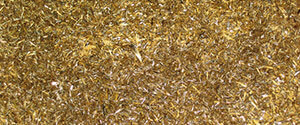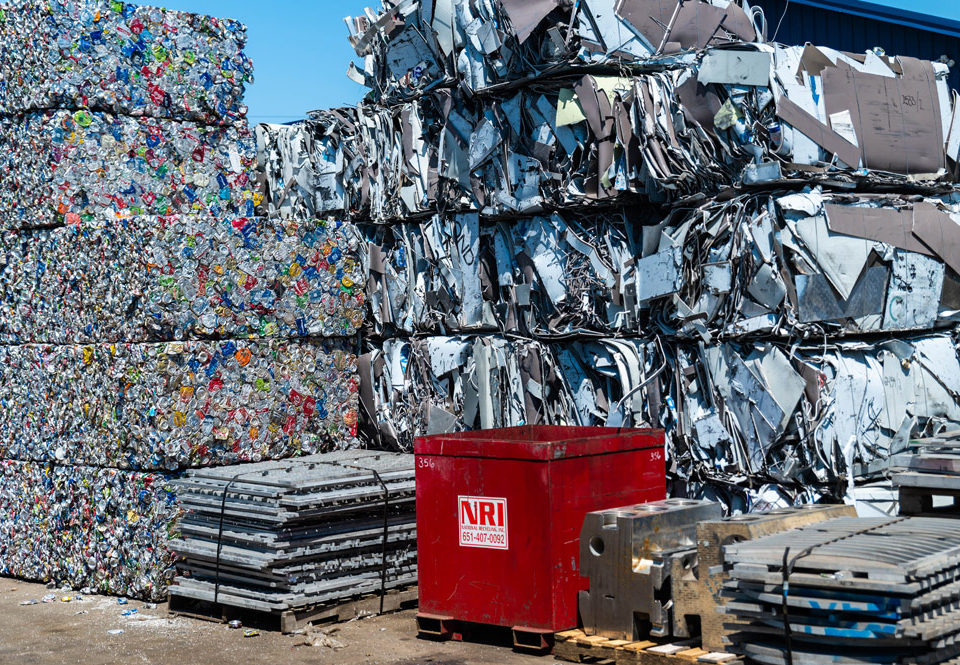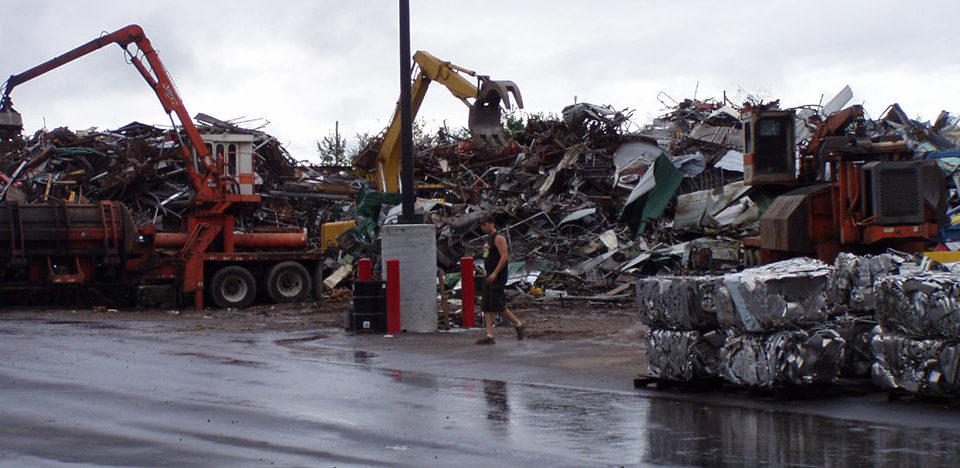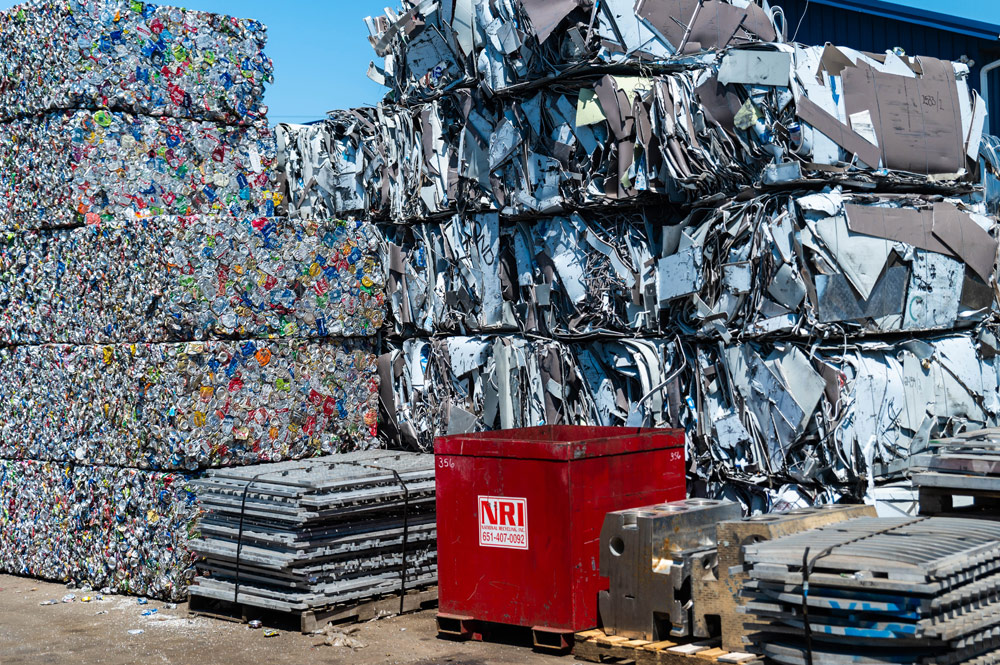
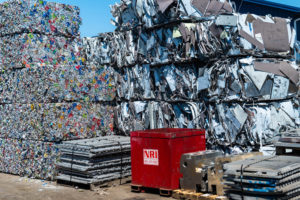 Do you have scrap metal that you’re interested in recycling? If you’re trying to decide whether recycling is worthwhile, this may persuade you.
Do you have scrap metal that you’re interested in recycling? If you’re trying to decide whether recycling is worthwhile, this may persuade you.
It’s common to recycle metal. It takes less energy to recycle metal than it does to produce new metal. It’s possible to recycle metal continually. Because of this, when businesses are looking for ways to cut back on the waste that they produce, metal recycling is often considered. It’s possible to recycle all types of ferrous metals, including stainless steel and iron. It’s also possible for non-ferrous metals, like aluminum, zinc, and copper to be recycled. Because of this, companies have the option of bundling scrap metal for recycling.
In fact, the previous metals used to produce computers, such as platinum, gold, and palladium silver can even be recovered.
Of course, recycling metal won’t just save energy. It can also help companies to save money. Your production costs will be lowered when your scrap metal is recycled. Because of this, recycling metal is an excellent option. If you’re still not persuading, here are five more reasons that recycling metal matters.
Why Recycling Metal Matters
1. It Reduces The Strain On Natural Resources: When metal is recycled, it’s no longer necessary to produce new metal. This means that many natural resource used to produce metal, such as iron or and coal, can be preserved. Recycling is eco-friendly and provides a way for corporations to take responsibility. As stated above, recycling metal can also reduce energy usage. The way we use natural resources, such as coal, is something that needs to be considered. A decade ago, coal was responsible for 43% of all greenhouse gas emissions across the globe. Since then, coal has continued to be a problem.
2. It’s An Effective Way To Utilize Raw Materials: There aren’t many raw materials that can be recycled without causing damage to the original properties. However, this is something that’s true of metal. Because of this, the only reason to produce new metal is if demand isn’t being met. It’s possible to repeat the recycling process as often as you need to, even when you’re working with metals that have a higher value, such as aluminum. All kinds of metals are accepted by recycling facilities. The value of scrap metal isn’t going to decrease over time.
3. It Can Reduce Carbon Emissions: Many companies are focused on becoming more eco-friendly. In order to hit targets, it’s necessary to recycle raw materials whenever possible. When you opt to recycle metal, you reduce emissions, which can help to cut back air pollution. It can be a way for your business to achieve its carbon goals. More than anything else, this process is a way to decrease the amount of pollution in the air. Metal is highly versatile, and businesses should be taken advantage of that.
Recycling a ton’s worth of aluminum can prevent the release of 9 tons worth of CO2 emissions. According to research from the Planet Mark Environmental Foundation, for each ton of aluminum that’s recycled, five tons of bauxite are conserved.
4. It Can Reduce Production Costs: Recycling can save you money, and there’s nothing wrong with taking advantage of that. It’s more affordable to recycle metal than produce metal, which is why more and more companies are starting to recycle. It can reduce your production costs, giving you more money you can transfer into collection costs. Using the waste you’ve produced is a cost-effective solution.
5. It Allows You To Meet Industry Standards: Environmental concerns have only been increasing with time. Because of this, there is more pressure from the recycling industry for businesses to live up to certain standards. There’s an expectation that materials will be recycled when feasible. This means that, if you have scrap metal that you can recycle, you’ll want to capitalize on that. In addition, many people have found employment in the recycling industry, which means it has a positive impact on the economy.
It’s important to have a focus on on-site segregation and to implement quality control measures before bringing scrap metal to a recycling facility.

